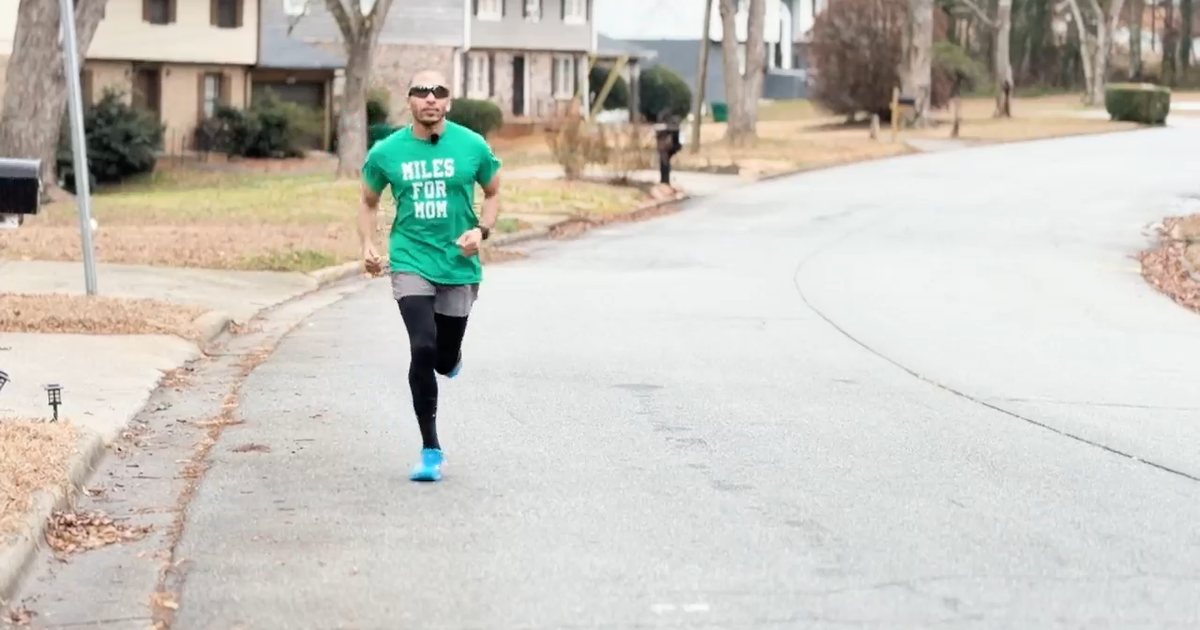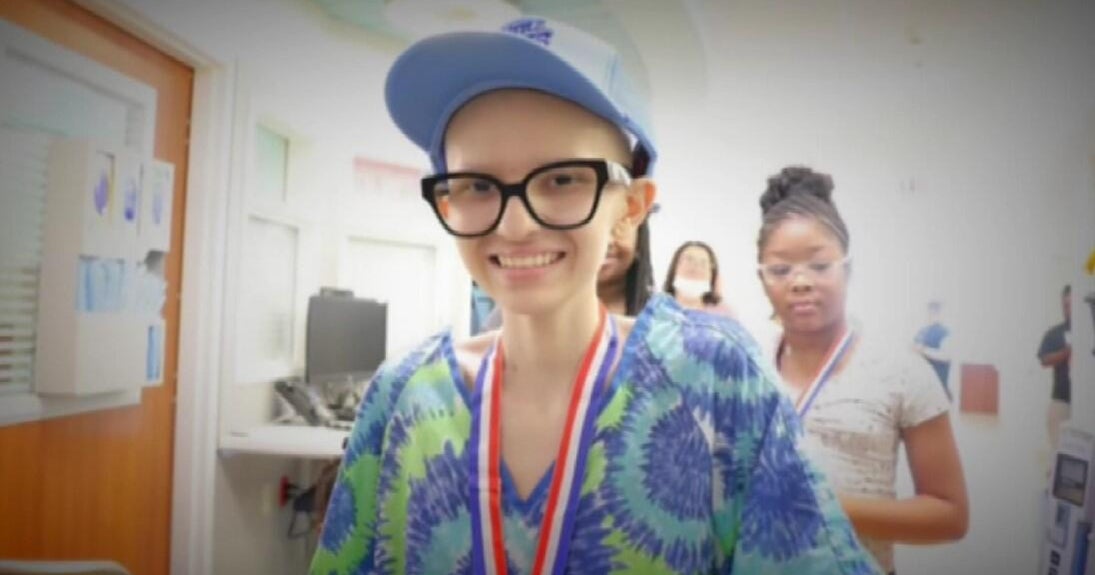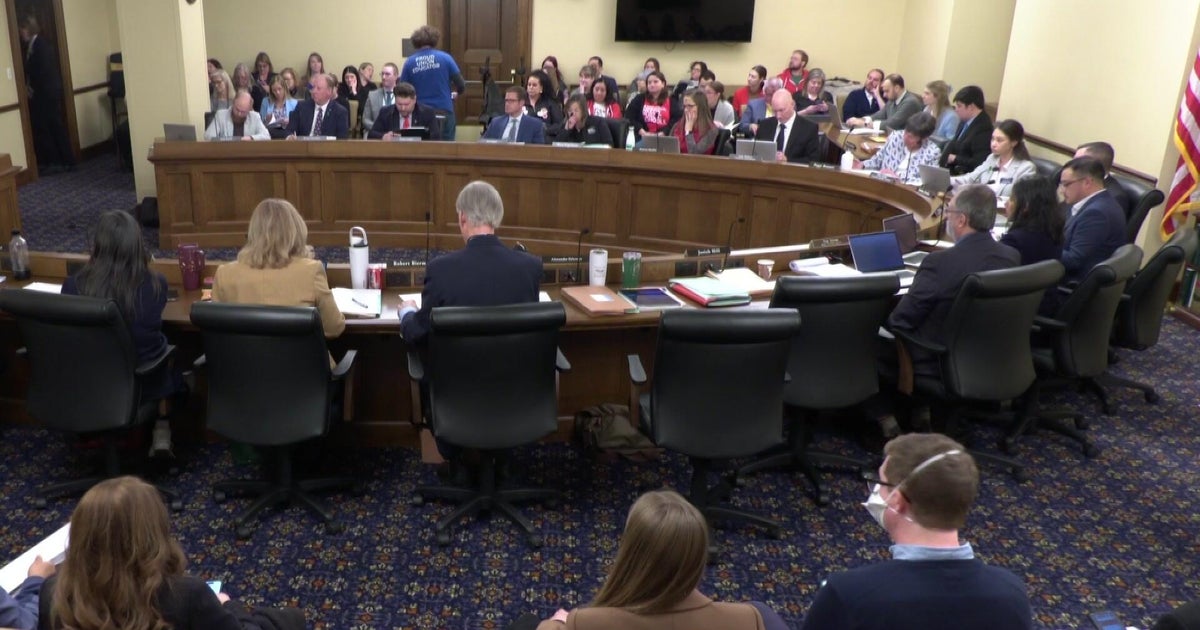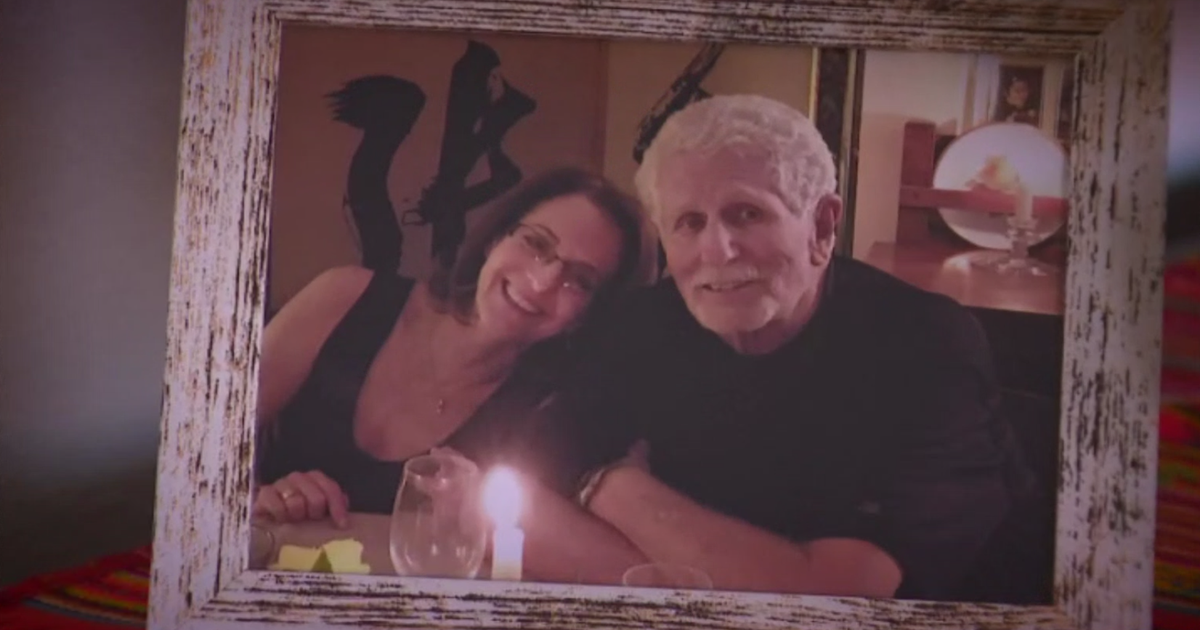Stand Up To Cancer Making Big Impact
MIAMI (CBSMiami) – Stand Up To Cancer is back in the spotlight. The show is returning to prime time this Friday on CBS to raise money for cancer research. So far $180 million has been raised and that's making a big impact for patients like Jeremy Fischer.
"There's a butterfly there. It's right on the edge," said Jeremy Fischer, walking with his wife.
It's the simple things that 51-year-old Jeremy Fischer has learned to appreciate. He never takes a day for granted after being diagnosed with advanced pancreatic cancer.
"I was down to 119 pounds over the winter, and not doing good," said Jeremy.
The odds aren't good for Jeremy. Most patients like him die within months.
"This whole situation, it's like a crouching tiger in a room. And it just sits there. And as long as it keeps crouching and doesn't come after me, I'll be alright," said Jeremy.
Stand Up To Cancer is giving patients like Jeremy hope, and life. Friday will be the third telethon, simulcast on the four major networks.
Money raised is used for medical Dream Teams. Researchers from across the country, including Penn Medicine and Temple University Hospital, who collaborate to better understand, detect and destroy the most hard-to-treat cancers.
"I don't want to give any false hopes, but we are seeing things we've never seen in this disease before," said Dr. Jeffrey Drebin, one of the leaders of the Pancreatic Cancer Dream Team at Penn Medicine. The team received $18 million. He says within three years they've quickly made life changing discoveries.
"This has involved a total of five clinical trials that are either completed or ongoing, and a sixth that will be rolling out in the next few months," said Dr. Drebin.
Jeremy is a part of one of the newer studies. He takes an already existing malaria drug called Hydroxychloroquine. Doctors think it essentially starves the cancer, and stops it from growing.
To make it go away, Jeremy is getting a new type of chemotherapy that appears to kills tumors more effectively than standard chemotherapy.
"In some cases, patients who have had their cancer almost completely disappear," said Dr. Jeffrey Drebin.
"So far so good. My tumor has shrunk in size. It's not gone, but it shrunk. It hasn't spread to anywhere else in my body," said Jeremy.
Penn doctors are hoping to get more money from Stand Up To Cancer to continue their promising research.
They're starting a new imaging trial to try and catch pancreatic cancer at its earliest stages, something that typically doesn't happen right now.
For more information visit: www.standup2cancer.org.
The telethon, featuring a dozens of A-list celebrities, airs Friday on CBS, ABC, NBC, Fox and more than a dozen cable channels at 8:00 p.m.







